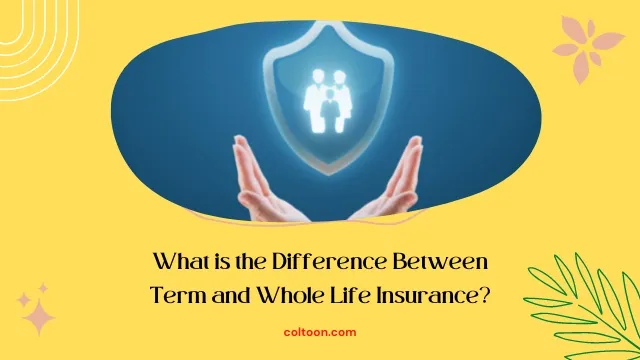It's a tough sale when purchasing life insurance and its confusing. There are many types of policies. The two basic policies are term and whole life. Knowing the differences between policies will make purchasing a policy easier.
Term Life Insurance
Term insurance is a type of protection that is set up for a time period. The client pays a monthly premium amount for a set dollar amount of coverage. If death occurs during this time period, the insurance policy will be paid out. If not, and the term expires, then the client is out the money they paid for on the policy. Term is cheaper than whole life for the amount of dollars paid for coverage. Term policies increase in cost as a person gets older as the probability of death increases. Also, most term policies cannot be purchased after 65 or 75 years of age. This information is provided by Joyce Wildes, who is an insurance and securities educator that provides education services for insurance licensing, PASS, 2009. Read also: How to Determine How Much Life Insurance You Need.
Whole Life Insurance
Whole life policies are considered permanent protection and term life policies are strictly a death protection. There is no cash value associated with a term life product. Whole life remains in affect as long as the premiums are paid. Whole life locks in a premium value for "life" and not just for a "term." Whole life also builds a cash value. The cash value is an accrued value based on the paid premiums. Policies will pay out upon death or if the insured reaches age 100. The pay out depends on the amount of the policy purchased. Refer to Georgia life and health insurance regulations for more information.
Some people purchase whole life because it is considered a savings, and some companies will let clients take out loans against the policy cash value. However, the payout will be effected by taking a loan against the face value. The cash value does not accumulate until the third year for most policies and it is tax deferred. Also, if the insured dies, the family only gets the face value of the policy. The cash value accrued stays with the insurance company. Another name for the cash value is non-forfeiture value, or the value of the policy without default. Whole life in general is more expensive than term life, and the draw to whole life is that there is some cash payout if the policy is used, or the client reaches age 100. Read also: How Do Cash Value Life Insurance Policies Work?
Choice Between Whole Life and Term Life
When choosing between whole life and term life, the purpose of the policy should be considered. Dave Ramsey also solicits that common sense be used. Consider an example. If a person purchases a whole life policy for $100 a month, they see no return for three years. Then, on average they get a return of about 3% on a universal life policy. Variable life policies may yield better returns. If the same person invested $100 a month in a mutual fund outside of an insurance policy, then the average return may be 8 to 12% or better depending on the investment.
Invest Well and be Self Insured
Insurance serves a purpose of protection and peace of mind is expensive. Investigate all policies before signing up for one and making that monthly commitment. Speak with an insurance agent that is trustworthy and get all of the facts before making the investment. The National Association of Insurance Commissioners and state insurance boards also can be a source of information.

